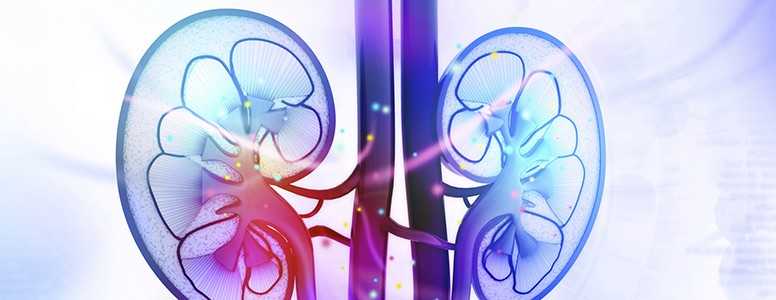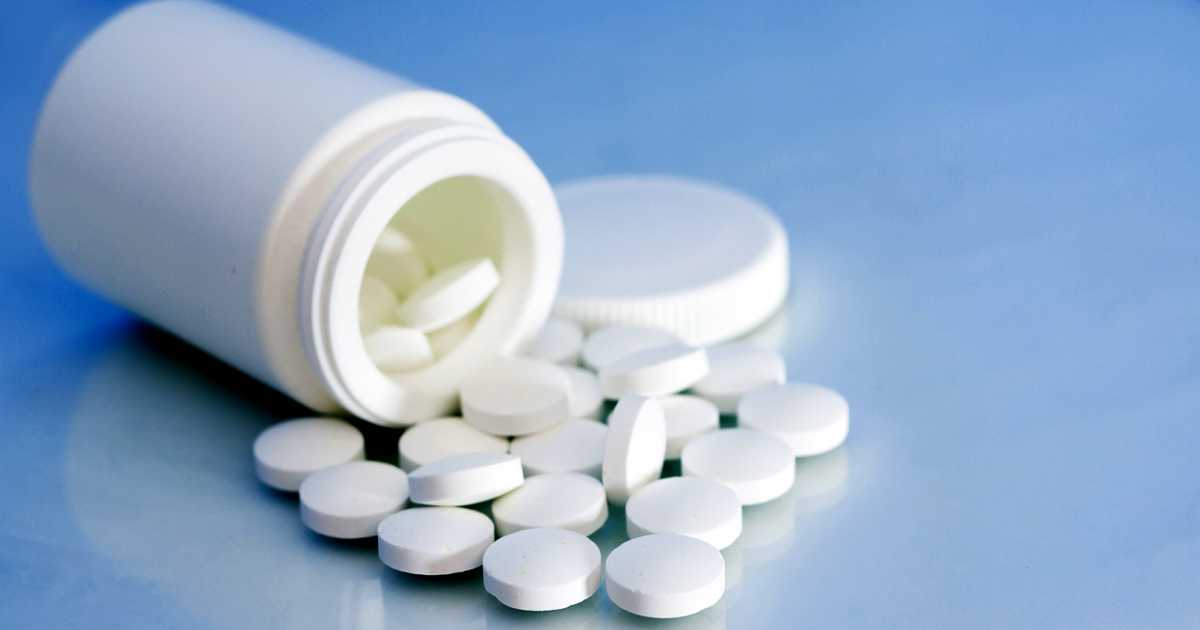A breakthrough finding has been discovered which experts think could help slow down the progression of kidney disease in people with diabetes.
A team from the Monash University in Melbourne, Australia say they have identified a new immune system pathway which could be significant in kidney disease treatment.
Kidney disease is a complication of diabetes caused by damage to small blood vessels. This damage causes the vessels to stop working properly which impairs kidney function.
It is believed that nearly one in five people in the UK who have diabetes will need treatment for the condition in their lifetime.
The main job of the kidneys is to filter waste and extra water out of the blood to make urine. You can reduce your risk of developing Diabetic kidney disease by attending regular diabetes-related medical appointments, keeping good blood sugar control, and having annual urine and blood tests.
Over the course of a five-year study, researchers identified an overactive immune system pathway which was causing inflammation to occur in people who had diabetic kidney disease.
Researchers discovered using a specific drug could disrupt the response of this immune system pathway. The drug used by the researchers was developed by Associate Professor Trent Woodruff, from the School of Biomedical Sciences at the University of Queensland.
It supports the normal function of the mitochondria within the kidney. The role of mitochondria is to take in nutrients from the cell, break it down, and turn it into energy. This energy is then used by the cell to carry out various functions.
Lead author Associate Professor Melinda Coughlan, from the Department of Diabetes, said
“We’re saying this is a new link between the immune system and the mitochondria, which could also help patients with diabetic kidney disease by boosting mitochondrial health – so it could protect the kidney in patients with diabetes.
“Findings like this will become important for managing the health of people with diabetes. The economic burden of diabetes is huge, and this could potentially help reduce that.”









